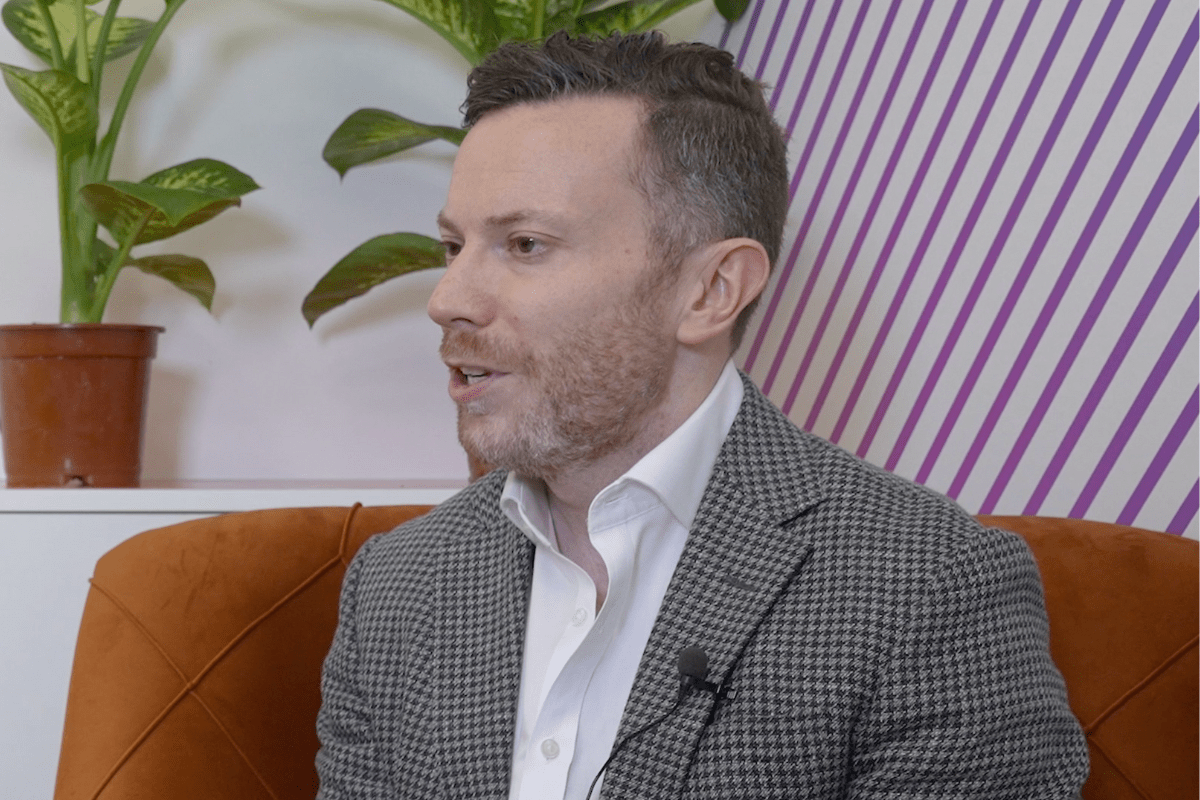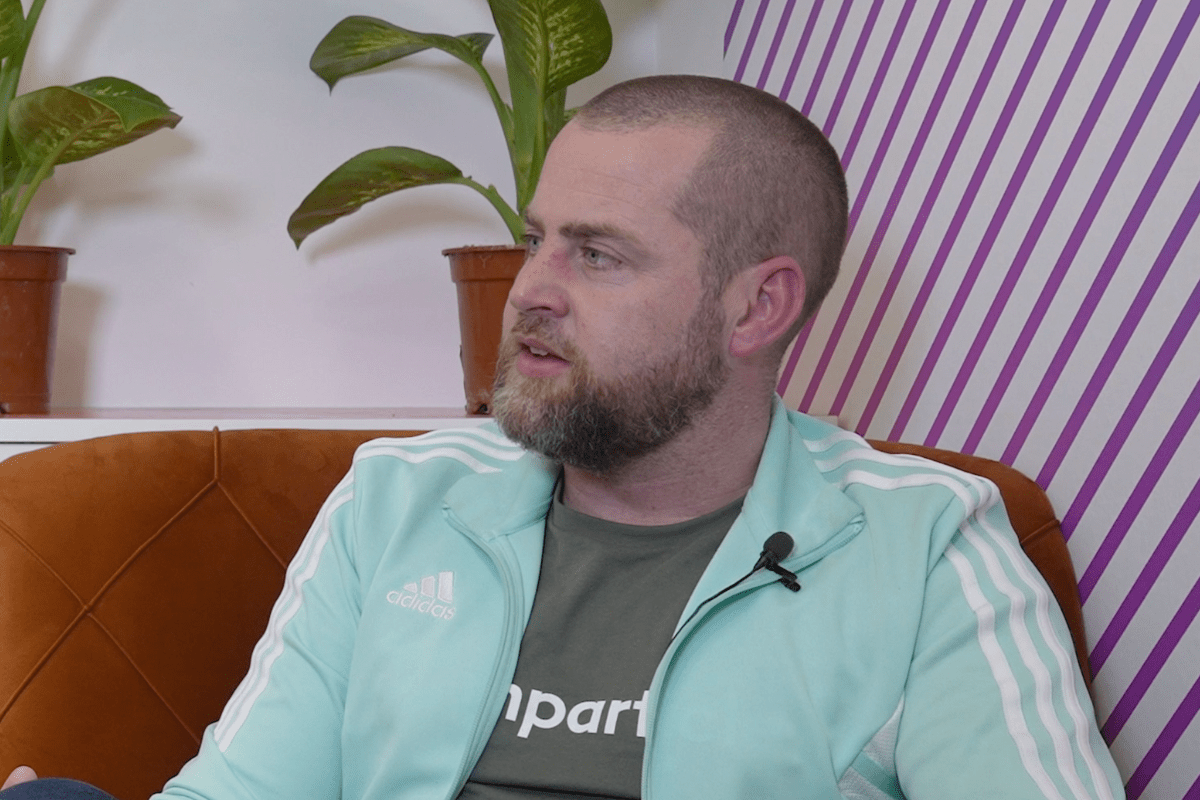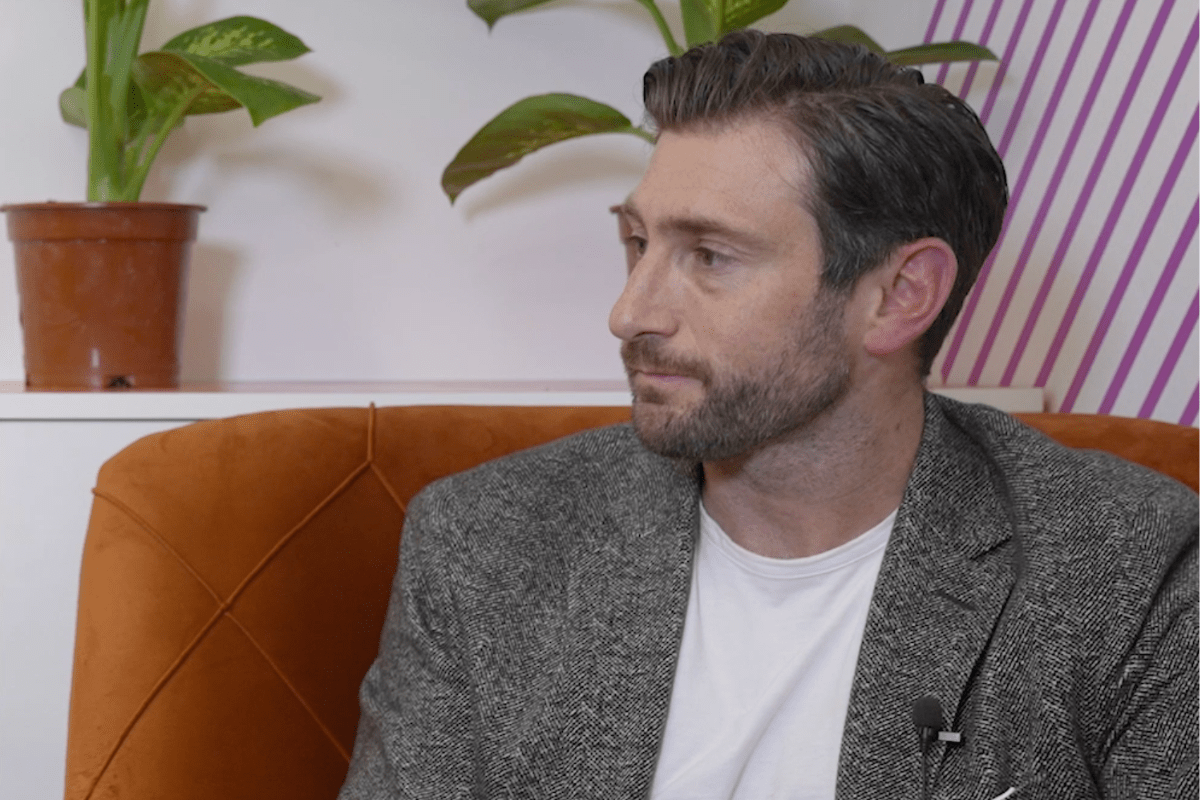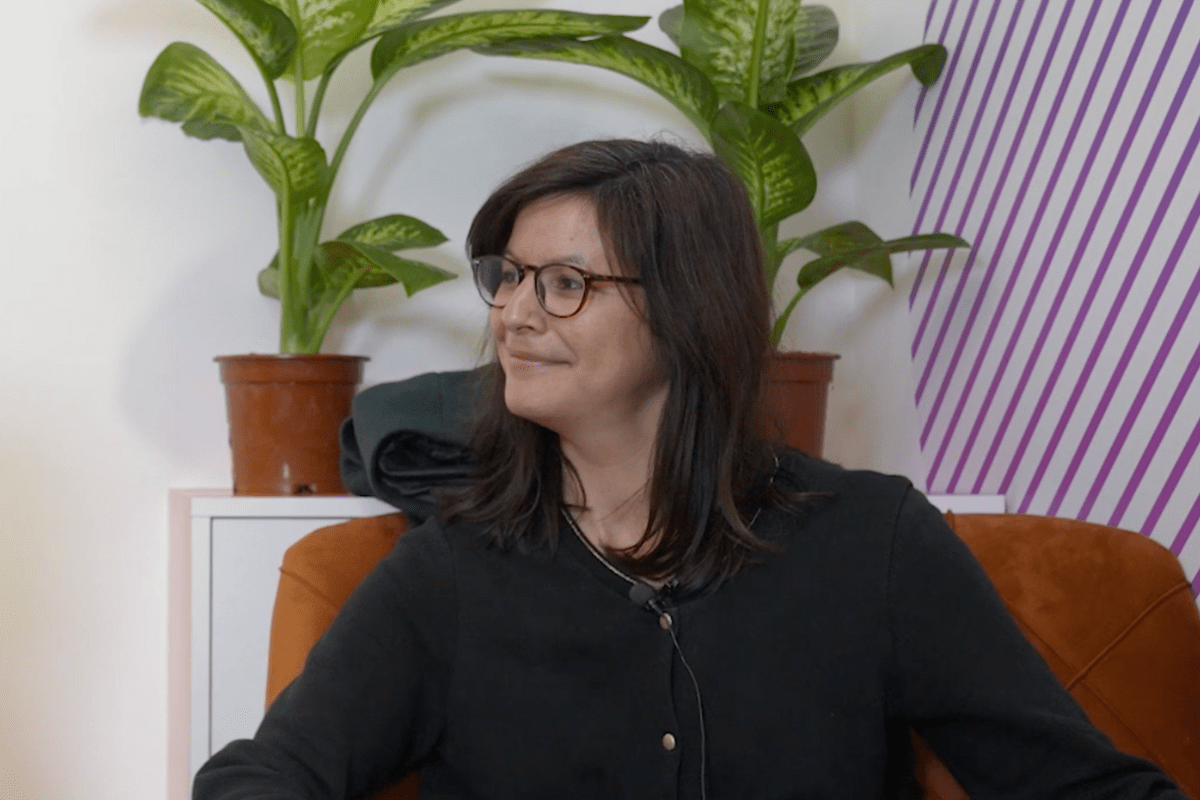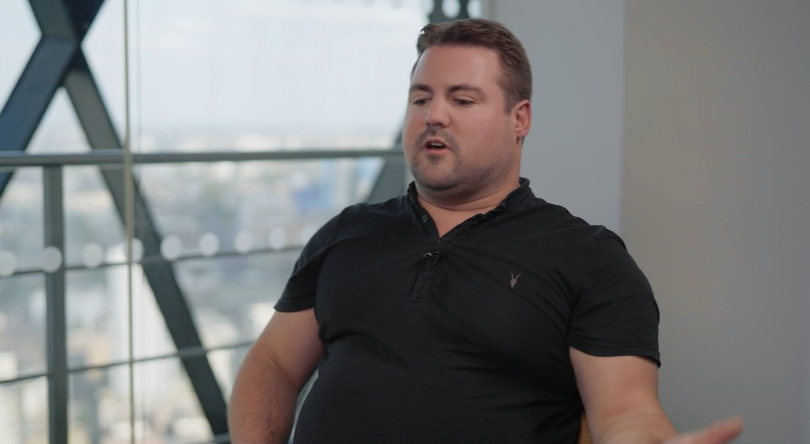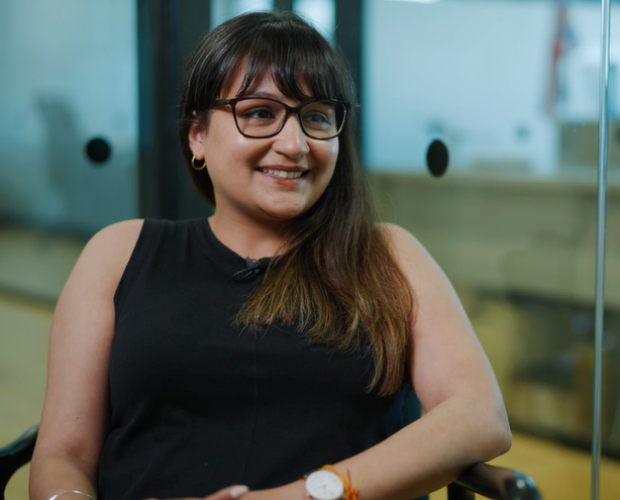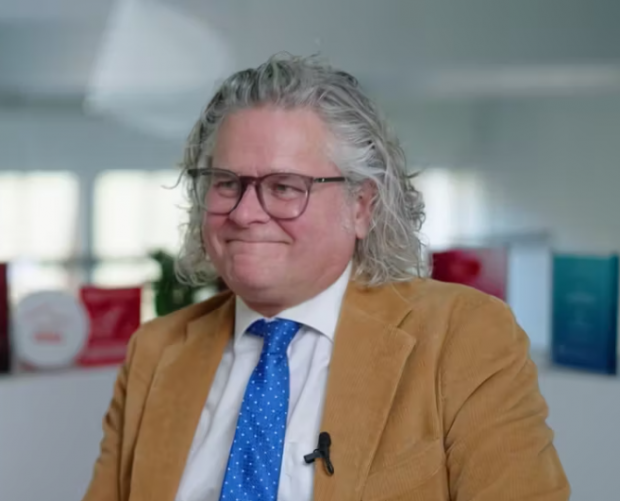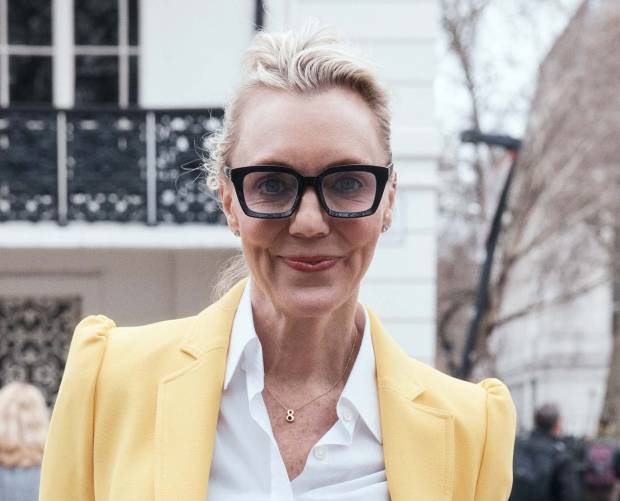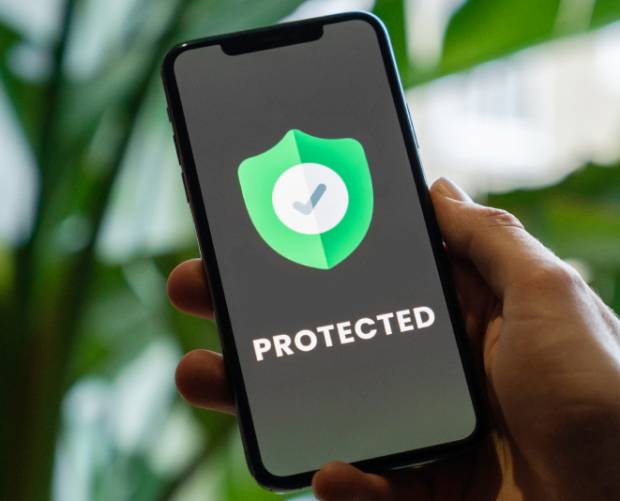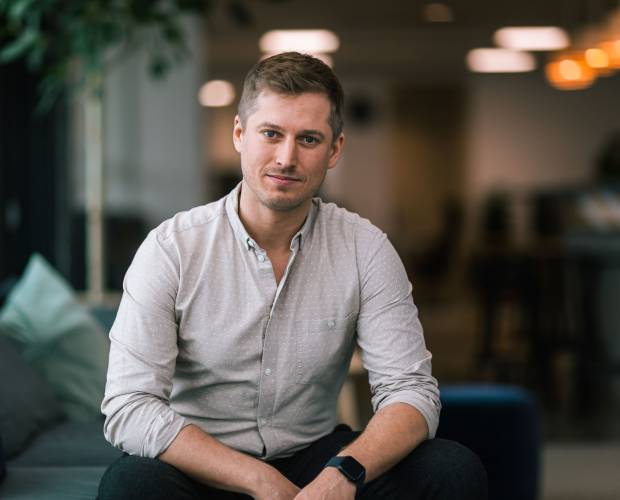 DM: So Stuart, before we talk about Mobile World Congress, tell us where Accenture sits in the mobile space, it’s tempting to assume it’s all about strategic, high-level consultancy, but what does Accenture do in mobile ?
DM: So Stuart, before we talk about Mobile World Congress, tell us where Accenture sits in the mobile space, it’s tempting to assume it’s all about strategic, high-level consultancy, but what does Accenture do in mobile ?
SO: Mobile is a very big part of the practice, a whole range of stuff, from MVNO platform development to application development and mobile payments offerings.
DM: So this is not just advising, this is doing?
SO: That’s right, we procured a whole bunch of Symbian developers from Nokia, so we have 4-5,000 people globally dedicated to mobile development in India, China and the US. It’s a very interesting departure for us.
DM: So with Mobile World Congress under way, what are the big themes you expect to see at this year’s show?
SO: I think we are going to hear a lot about 4G network rollouts. Carriers will address the data consumption issue by continuing to roll out faster 4G networks, which will, in turn, drive 4G handset development, and place unprecedented pressure on operators to upgrade their networks, while managing costs and keeping customers happy.
One of the big talking points at MWC will be a slew of announcements around 4G rollouts, coupled with the pervasive launch of Quad Core handsets that allow users access, for the first time, to very substantial graphics and a user interface that’s on a par with a home gaming console. So as services are launched to exploit the faster 4G network, operators will face the same sort of challenges they faced with 3G, such as how to monetize it, and the pressure it puts on backhaul.
When you can download a movie in a couple of minutes, that puts an enormous strain on backhaul, so I think operators will be looking to invest and purchasing fixed line providers.
DM: Do you think operators are ready for 4G?
SO: I think so. I think they will have learned the lessons from the 3G rollouts. Price plans for 4G will need to reflect the need to recoup the level of investment they have made in the infrastructure, and there are not that many 4G handsets out yet. Most operators across Europe are waiting for the mass market availability of 4G handsets that we have already seen in the US. Everyone is watching the German trials closely, and with the Quad Core handset announcements we are expecting in Barcelona, the expectation is that we will have a reasonable number of 4G handsets by the autumn.
DM: Who would you say is leading the way in Europe in terms of 4G?
SO: Well everyone is watching the German rollout as I said. Everything Everywhere are running their trials, and I think a lot of people are watching to see where the tipping point is on their existing network, because 4G is capital-intensive in terms of the backhaul and the infrastructure in the field, so moving to 4G is a much more measured decision than moving to 3G.
DM: So looking beyond 4G, what else do you expect to see in the news this week and in the weeks and months to come?
SO: I think you have to look at mobile payments. Mobile commerce is exploding, creating a complex ecosystem with many stakeholders and new entrants comprised of handset manufacturers, mobile network providers, retailers and consumers, creating opportunities and challenges for banks and mobile network operators as they jockey for position.
All these players see it as an opportunity to get more monetisation and more of the value chain, but it’s similar to 4G in some ways – mobile payments will only take off when you get NFC built into a vast number of phones. Google are trialling it in five or six cities in US, and we hear rumours about NFC being built into the iPhone 5. But there are still the inevitable questions around standardisation and security. Operators and retailers need to get ready for when the tipping point arrives around NFC enabling tap-and-go payments. What experience will you provide pre, during and post payment. They need to create the ecosystem, the lifestyle that sits round the system.
DM: It seems to me that where thee are deployments, such as the Orange/Barclaycard Quick Tap program in the UK, they are very low key, you don’t really hear much about them and on a personal level, whenever I go to a store where you can pay via NFC, the contactless chip and PIN terminals are nowhere to be seen.
SO: I think that’s a fair comment. The Orange/Barclaycard thing is 40,000 stores now, but education remains a challenge for retailers and consumers, and more than anything, people need to feel their money is safe.
DM: So what would your advice be to those companies looking a for a slice of the mobile payments cake?
SO: You need to be prepared and have a strategy you can execute very quickly. Barclaycard is taking a lead, and they will have learned a lot of lessons learned from the Orange partnership. So you need to have a strategy that people are aware of and have bought into. You need to know what is your infrastructure strategy. And you need to decide who will be part of your ecosystem, because no-one is doing this in isolation. Take a partnership-led approach would be my advice.
DM: And who are the names to watch out for? Who stands the best chance of success?
SO: Well in recent times, PayPal has shifted from being an online payments transaction platform to a mobile payments platform. They did $3bn or transactions originated by mobile devices in 2011, and they have been very successful in this space.
Google has launched Google Wallet in a few US cities, with 2-300 merchants in each, and they are being quite clever, looking at the whole shopping experience, analysing the data, building the information that sits around the platform, looking at the shopping experience, and learning an awful lot from the trials.
DM: In summary then Stuart, tell us what are the major themes we can expect at Mobile World Congress.
SO: I think we will be overwhelmed by the number of new devices once again. We will see an awful lot of high end gaming and multiplayer gaming software becoming available for these handsets, and we will see a number of very high profile announcements around 4G rollouts, with people committing to who they are going to use as their infrastructure provider.
Stuart Orr is head of European Communications at Accenture




